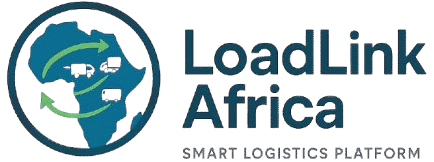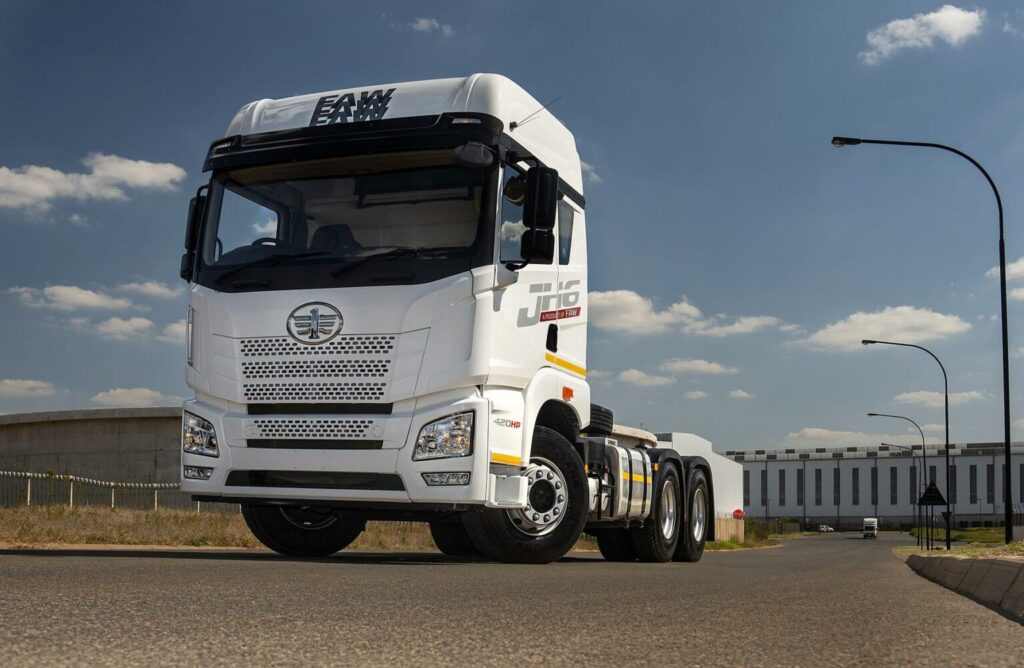How Technology is Transforming Freight Logistics in Africa
Freight logistics is the lifeline of Africa’s commerce, enabling goods to flow from producers to consumers across vast distances and challenging terrains. In recent years, technology has become a game-changer in this sector, helping to solve age-old problems and unlocking new opportunities. This article dives into the technological trends reshaping freight logistics across Africa.
Digital Freight Marketplaces: Connecting Shippers and Carriers
One of the most impactful innovations is the rise of digital freight marketplaces. Platforms like LoadLink Africa bring shippers and truckers together in real time, allowing for instant matching of freight loads with available trucks. This reduces empty miles, lowers costs, and increases reliability.
By replacing traditional broker models with transparent, tech-driven solutions, these marketplaces improve efficiency and trust across the logistics chain.
GPS and Fleet Telematics: Real-Time Visibility
GPS tracking and telematics devices installed in trucks provide operators with real-time data on vehicle location, speed, fuel consumption, and maintenance needs. This data allows fleet managers to optimize routes, reduce idle time, and schedule preventative maintenance, thereby increasing uptime and cutting costs.
For shippers, real-time tracking means enhanced visibility and the ability to plan inventory and deliveries more precisely.
Mobile Technology: Empowering Drivers and Small Operators
Smartphones and mobile apps have empowered many truck drivers and small fleet operators who previously operated offline. With apps, drivers can accept jobs, navigate routes, report issues, and manage documentation digitally.
This connectivity helps formalize informal transport sectors, improve communication, and boost driver safety and earnings.
Automation and AI: The Next Frontier
While still in early stages in Africa, automation and AI technologies promise to revolutionize logistics. AI-powered route optimization, demand forecasting, and automated freight documentation can further reduce costs and increase reliability.
In the future, autonomous trucks and drones could play roles in last-mile delivery or navigating difficult terrains, although regulatory and infrastructure challenges remain.
Overcoming Challenges to Tech Adoption
Despite these benefits, Africa faces hurdles in tech adoption, including inconsistent internet coverage, digital literacy gaps, and initial investment costs. However, as infrastructure improves and affordable technology becomes more accessible, adoption rates are expected to rise.
Conclusion
Technology is no longer a luxury but a necessity for freight logistics in Africa. By embracing digital tools and innovation, the industry can improve efficiency, transparency, and service quality. Platforms like LoadLink Africa are at the forefront of this transformation, bridging gaps between shippers and carriers and powering Africa’s logistics future.

